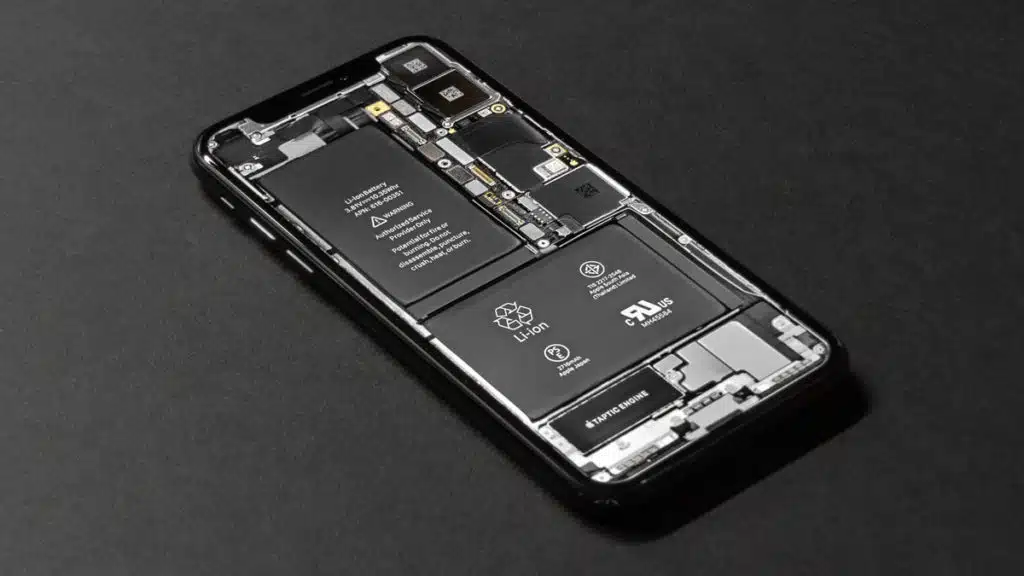
Remember when you could buy a smartphone with a removable battery? We may be making a return to that convenient era, as European legislators have begun cooking up a plan that would make it illegal for manufacturers to design smartphones and other electronic devices with batteries that are sealed and/or glued, making them awfully difficult for the average user to repair or remove. As one might expect, the reason for this has much to do with the reduction of e-waste and improving sustainability, but the legislation should also be music to the ears of critics who still insist after all these years that sealing batteries was a clever way for manufacturers to ensure planned obsolescence.
EU Parliament wants to ban glued cell phone batteries (Frankfurter Allgemeine)
In order to prevent the entire product from having to be thrown away when batteries reach the end of their service life, Parliament wants to ban the permanent installation or gluing of batteries in telephones, computers, headphones, household robots, electric toothbrushes, but also e-bikes or scooters. Users should be able to exchange them with commercially available tools. The manufacturer must ensure that there are replacement batteries available for a product’s expected lifetime. In addition, independent repair shops should be allowed to carry out the exchange if a user does not trust himself. Industry, on the other hand, is up in arms. She argues that this jeopardizes the durability and safety of the batteries.
Manufacturers must inform consumers about the energy and performance capabilities of batteries and provide information about shelf life and charging times. This should encourage users to buy high-quality, long-lasting batteries. Parliament argues that this reduces the emissions generated during the production of the batteries.
In addition, manufacturers of car and other transport batteries as well as industrial batteries must calculate and report the CO 2 footprint over the entire product cycle. Consumers should be able to read this via a QR code. By the end of 2025, the Commission is to examine whether this can be extended to all batteries. “Consumers finally have the choice to opt for clean, durable and repairable devices,” said Green MEP Anna Cavazzini. From 2027 onwards, an upper limit for the CO 2 footprint will apply, which effectively excludes the production of batteries with fossil fuels. With this, the MEPs want to ensure that the new gigafactories that are currently in the EUare built for battery production, are operated with 100 percent green electricity.
